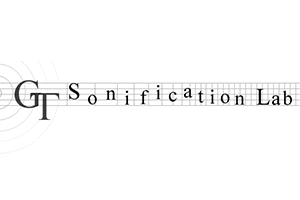Automated vehicles have the potential to save lives, expand mobility, and enable vehicle occupants to engage in work, communication, or entertainment tasks that can increasingly be unrelated to the driving task. There remain many challenges before fully automated vehicles become the norm, but there is already a growing semi-automated fleet in the US; and the occupants of many of these semi-automated cars are frequently reading, working, watching movies, and even sleeping. To ensure safety and effective design of products and services, and informed public policy, there is a need to fully understand the emerging human-automation relationship in the context of vehicles. And there is a need to examine the issues of: (a) the impact that being in the car has on performing non-driving tasks; and (b) the impact that performing non-driving tasks has on the person's ability to re-engage in managing the vehicle's operation (i.e., driving). We are currently studying the task of using virtual reality (VR) in a vehicle, and its effect on situation awareness, trust, and presence.

The Georgia Tech Sonification Lab is an interdisciplinary research group based in the School of Psychology and theSchool of Interactive Computing at Georgia Tech. Under the direction of Prof. Bruce Walker, the Sonification Lab focuses on the development and evaluation of auditory and multimodal interfaces, and the cognitive, psychophysical and practical aspects of auditory displays, paying particular attention to sonification. Special consideration is paid to Human Factors in the display of information in "complex task environments," such as the human-computer interfaces in cockpits, nuclear powerplants, in-vehicle infotainment displays, and in the space program.
[Random Image of Auditory Interface] Since we specialize in multimodal and auditory interfaces, we often work with people who cannot look at, or cannot see, traditional visual displays. This means we work on a lot of assistive technologies, especially for people with vision impairments. We study ways to enhance wayfinding and mobility, math and science education, entertainment, art, music, and participation in informal learning environments like zoos and aquariums.
The Lab includes students and researchers from all backgrounds, including psychology, computing, HCI, music, engineering, and architecture. Our research projects are collaborative efforts, often including empirical (lab) studies, software and hardware development, field studies, usabilty investigations, and focus group studies.


